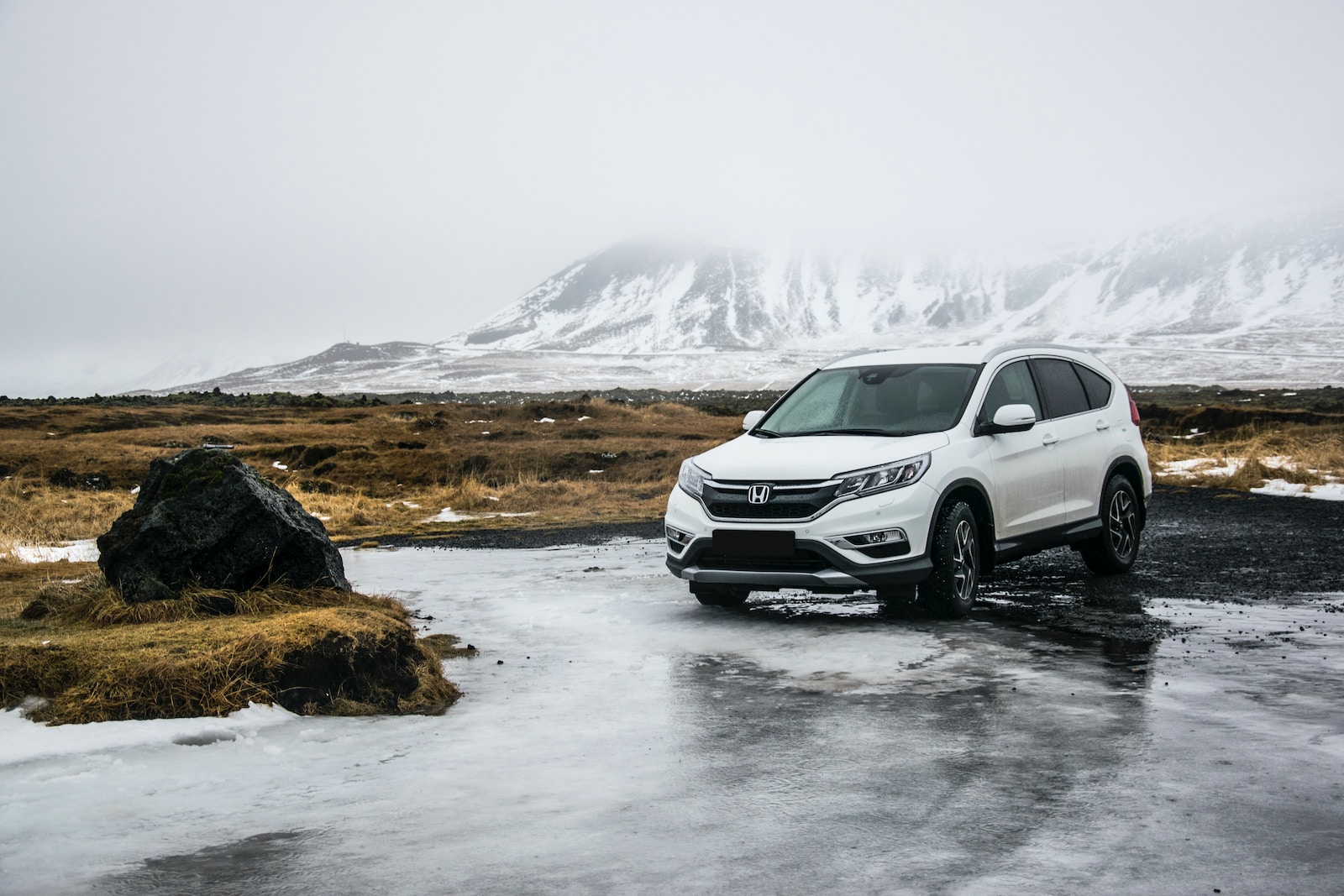Auto Insurance for Drivers in Colorado
 Serving the Denver Metropolitan area, Golden, Arvada, Lakewood, Littleton, Morrison and Summit County
Serving the Denver Metropolitan area, Golden, Arvada, Lakewood, Littleton, Morrison and Summit County
It’s very important to have the right coverage in the right place if you are involved in a severe auto accident. You can find yourself in financial ruin if you don’t! Our job at Denver West Insurance Brokers is to make sure this doesn’t happen to you. We specialize in educating you in the available coverage to protect yourself, your passengers, your car and other party involved in the accident.
An Auto Insurance Policy is a Legally Binding Contract Between you and the Insurance Company
You pay a premium, and in exchange, the insurance company promises to pay for injuries or property damage you inflict on another party caused by an ‘at fault’ accident. This can also be called a ‘transfer of risk’ to the insurance carrier. Auto accidents can be very costly events. Instead of paying out of pocket, most people purchase an insurance policy to transfer the risk to an entity better able to afford the loss.
Minimum Liability Limits Required by the State of Colorado
Auto insurance liability limits of insurance requirements vary by state. The State of Colorado requires drivers to carry a minimum of 25/50/15 This is insurance lingo for injury coverage of $25,000 person/$50,000 total accident. And property damage minimum of $15,000. The Rocky Mountain Insurance Institute doesn’t think this is enough coverage…and we agree. A minimum of 100/300/100 is usually what we suggest, but higher limits are usually not that much more expensive and worth considering.
Uninsured/Underinsured Motorist Injury Coverage (UM/UIM)
Pays for injuries in your car if the other party is deemed ‘at fault’ but they don’t have insurance (or enough insurance) to pay for your injures and that of your passengers.
Medical Payments
Pays for injuries in your car, regardless of fault. It’s designed to pay quickly and will pay for medically necessary treatments that your health insurance might not cover….like orthodontia, health insurance deductibles, co pays etc.
Collision Insurance
Collision coverage pays for damage to your owned vehicle which was caused by you, the driver. An example would be in an at fault accident where your own car is damaged. In some states, including Colorado Collision Coverage will pay to repair your car if you are hit by an uninsured motorist as well. Standard collision coverage will pay for any repairs up to the fair market value of your car. Collision coverage usually also comes with an insurance deductible. It’s the amount of money you pay toward repairs before your collision insurance kicks in. The higher the deductible you’re willing to pay in the event of a claim, the less the collision coverage will cost over time.
Comprehensive Insurance (Other than Collision)
Comprehensive covers damage done to your car in some way other than a collision, such as if it were stolen or vandalized. Flood, hurricane, theft, windshield damage and fire are also events usually covered by comprehensive car insurance. Like collision, comprehensive will pay up to the fair market value of your car (less your insurance deductible). And although it’s not legally required by any state to carry Comprehensive and Collision coverage, you will probably need to carry it if your car is financed or leased.
There are a few other coverages we might suggest depending on your individual needs. Call 303-960-5290 Right Now! One of our licensed agents is ready to take your call and advise on the right auto insurance coverage for your family.
